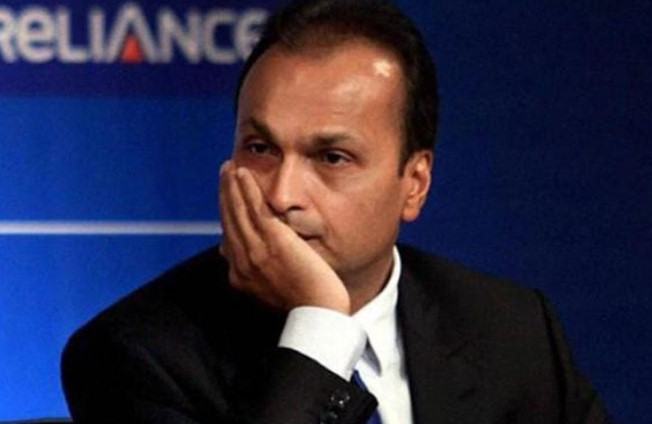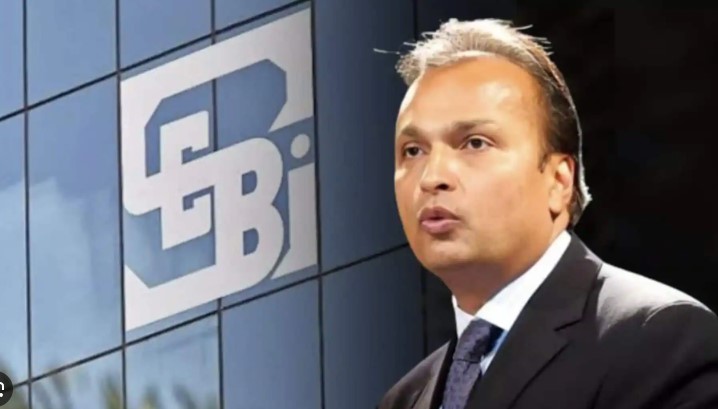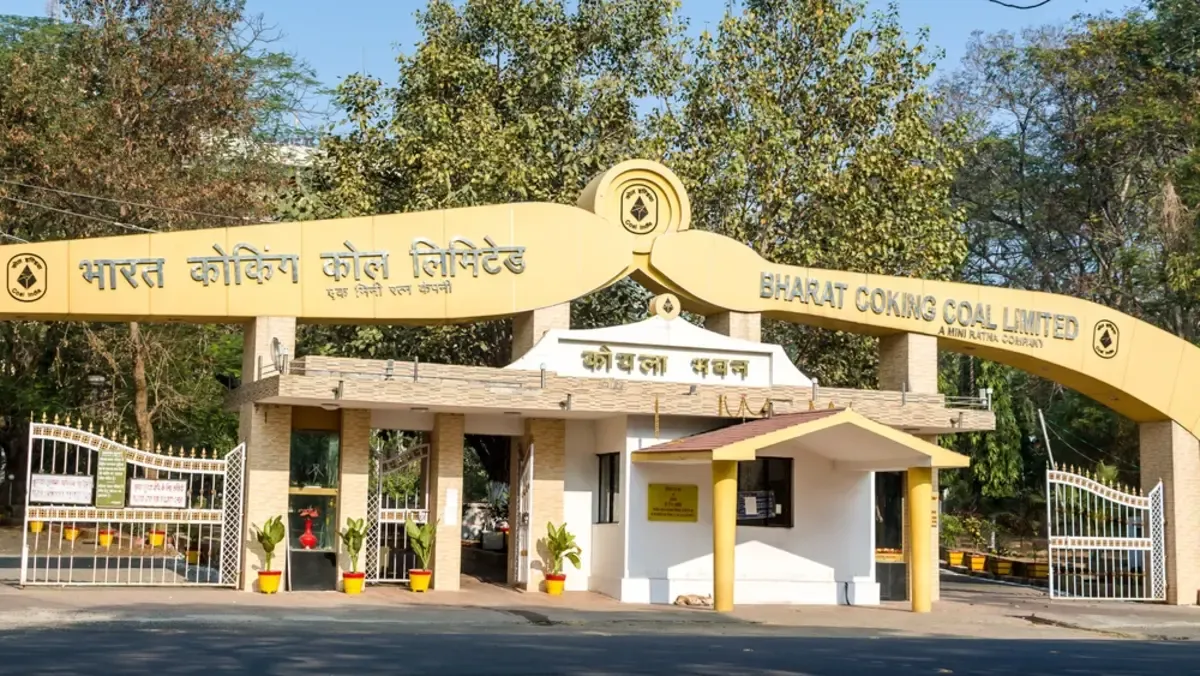SEBI rejects Ambani plea Over Yes Bank Investments
SEBI rejects Ambani plea in a high-profile case linked to investments in Yes Bank’s additional tier-1 (AT-1) bonds, according to regulatory documents reviewed by Reuters. The rejection could result in a potential penalty of at least ₹1,828 crore ($208.4 million) for the industrialist, marking a significant development in one of India’s most closely watched financial disputes.

The Background of the Case
The case stems from an investment of ₹2,150 crore ($245.3 million) made by Reliance Mutual Fund—then owned by Anil Ambani’s Reliance Capital—between 2016 and 2019 in Yes Bank’s AT-1 bonds. These bonds were written off in 2020 when Yes Bank faced a severe financial crisis and was declared insolvent. The bank’s eventual rescue was carried out through a coordinated plan involving multiple lenders under the Reserve Bank of India’s supervision.
By the time of the write-off, Reliance Mutual Fund had already been sold to Nippon Life Insurance in 2019. However, Sebi’s investigation determined that the transactions in question occurred before the sale, placing responsibility on Ambani and his associates for the alleged misconduct.

Sebi’s Findings
According to Sebi’s regulatory notice, the investments were made in exchange for loans provided by Yes Bank to other companies within the Anil Ambani Group. The investigation alleges that Anil Ambani and his son, Jai Anmol Ambani, exercised direct influence and control over these investment decisions through Sundeep Sikka, the then Chief Executive Officer of the fund house, and its Chief Investment Officer.
Table of Contents
ToggleSebi cited multiple meetings between Ambani and fund executives during the period of the transactions, as well as emails from then-Yes Bank CEO Rana Kapoor that characterized the arrangements as a “bilateral relationship deal.” These communications, regulators allege, show a clear conflict of interest and improper conduct that harmed investor wealth.
Settlement Plea Rejected
Anil Ambani, his son, and former Yes Bank chief Rana Kapoor had jointly proposed to settle the charges without admitting guilt. However, Sebi rejected this settlement plea on July 7, citing the severity of the losses—amounting to ₹18.28 billion—and the “market-wide impact” of the transactions. The regulator’s decision means that the case will proceed toward potential monetary penalties and directives requiring Ambani and his associates to compensate affected investors.
Notably, Sebi has also shared its findings with the Enforcement Directorate (ED), raising the possibility of parallel criminal or enforcement proceedings under India’s anti-money laundering laws.
Ongoing Investigations
In addition to the regulatory probe, India’s top crime-fighting agency recently searched locations linked to the Anil Ambani Group in connection with allegations of siphoning ₹30 billion in loans from Yes Bank. These investigations are ongoing, adding another layer of legal and reputational risk for the group and its leadership.
Other executives from the former Reliance Mutual Fund—namely its chief executive, chief investment officer, and former chief risk officer—are also facing charges for alleged investor losses. These individuals have filed a separate settlement application worth ₹950 million, which is still under Sebi’s consideration.
Alleged Lapses in Compliance
Sebi’s documentation points to multiple lapses and non-compliance issues during the approval and execution of the AT-1 bond investments. The regulator alleges that internal policies and procedures were bypassed, risk control frameworks were ignored, and investment sub-limits were enhanced without proper authorisation. These procedural failures, according to Sebi, significantly increased the exposure and risk borne by investors.
Emails to Sebi, Anil Ambani, and representatives of Nippon Mutual Fund regarding the case have gone unanswered, while messages to Rana Kapoor’s last known contact number have not received a response.
Implications for the Market
The rejection of Anil Ambani’s settlement plea underscores Sebi’s tough stance on market misconduct, particularly in cases involving high-profile individuals and systemic risks. By refusing to allow settlement without admission of guilt, the regulator signals its commitment to accountability and investor protection.
For investors, the case serves as a reminder of the risks associated with complex financial products like AT-1 bonds, which are designed to absorb losses during a bank’s financial distress. For corporate leaders, it reinforces the importance of transparent governance and adherence to both regulatory requirements and internal risk protocols.
Possible Next Steps
If Sebi proceeds with monetary penalties and directions for compensation, Ambani and his associates could face substantial financial liabilities in addition to reputational damage. The sharing of findings with the ED also opens the door to further investigations that may extend beyond securities law violations into criminal territory.
Given the size of the potential penalties and the profile of those involved, this case will likely remain in the public and media spotlight in the months ahead. Analysts believe the outcome could set important precedents for how the regulator deals with similar cases in the future.
Conclusion
The Sebi rejects Anil Ambani’s settlement plea case over Yes Bank investments is more than just a legal dispute—it is a high-stakes confrontation between one of India’s most prominent business figures and the country’s market regulator. With allegations of investor losses, improper influence, and systemic risk, the case could have lasting implications for corporate governance, regulatory enforcement, and investor confidence in India’s capital markets.
As proceedings continue, the financial world will be watching closely to see how the legal, regulatory, and enforcement processes unfold—and what lessons can be drawn for the future of ethical investment practices.
England Seal Semis Spot While New Zealand Face Fight for Survival
The Super 8 stage of the ICC T20 World Cup 2026 reaches a defining moment as England and New Zealand lock horns …
India Target Crucial Win Against Zimbabwe to Strengthen Net Run Rate and Semifinal Hopes
The Super Eight race has reached boiling point. With only a handful of fixtures left and qualification scenarios tightening by the hour, …
RCB vs GG WPL 2026: A High-Stakes Battle Awaits Tonight
RCB vs GG WPL 2026: A High-Stakes Battle Tonight The Women’s Premier League 2026 is beginning to take shape, and […]
MI W vs UP W WPL 2026 Live Match 8: Mumbai Indians Face UP Warriorz Tonight
MI W vs UP W WPL 2026 Live Match 8: Mumbai Indians Face UP Warriorz Tonight Mumbai Indians Women (MI […]
PSLV Mission Draws Attention After In-Flight Observation
PSLV Mission Draws Attention After In-Flight Observation India’s Polar Satellite Launch Vehicle (PSLV) experienced an unexpected development during its latest […]
Bharat Coking Coal IPO 2026 Opens on January 9: Key IPO Details
The Bharat Coking Coal IPO is scheduled to open for public subscription on January 9, 2026, making it the first mainboard initial …






